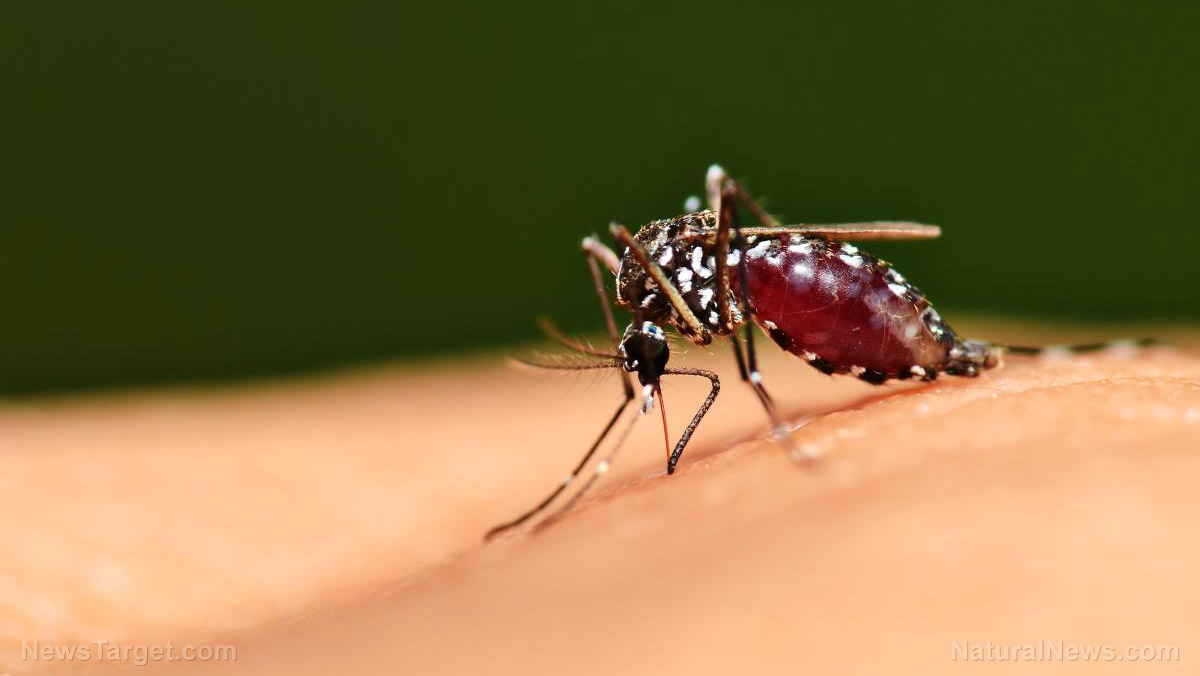Scientists discover chemical compound that can help fight pancreatic cancer
07/02/2020 / By Franz Walker

Scientists have found a chemical compound that can help the immune system fight pancreatic cancer. A recent study by researchers at the Washington University School of Medicine (WUSM) in St. Louis and Rush University in Chicago promises new hope for people who are fighting this deadly disease.
Pancreatic cancer is one of the most challenging cancers to treat. Traditional treatments such as chemotherapy and radiation therapy provide little benefit, and even immunotherapy is largely ineffective against it. As such, only eight percent of pancreatic cancer patients are still alive five years after their diagnosis.
Certain immune cells actually stop immune action against pancreatic tumors
Pancreatic cancer is hard to treat because the immune system’s assault on tumors is somehow stifled.
In immunotherapy, specialized immune cells called T-cells are prodded to attack cancer cells. Healthcare professionals use substances, either made by the body or in a lab, to boost the activity of cancer-killing T-cells.
However, immunotherapy has been largely ineffective against pancreatic cancer due to another kind of immune cell called myeloid cells. These cells release immune molecules that affect how many T-cells are recruited to the tumor, as well as whether these T-cells arrive ready to kill or inclined to ignore tumor cells.
While the exact reason why myeloid cells do this is still unknown, these cells tend to suppress the activity of T-cells, causing immunotherapy to fail against pancreatic cancer.
New compound prevents myeloid cells from suppressing immune response
In a study published in Science Translational Medicine, American researchers found an immune-boosting compound that can make pancreatic cancers more susceptible to immunotherapy. Called ADH-503, this compound interferes with the migration of myeloid cells.
Normally, a large number of myeloid cells can be found in and around pancreatic tumors. But when mice with pancreatic cancer were given ADH-503, the researchers found that the number of myeloid cells near pancreatic tumors dropped. In addition, the myeloid cells that remained were the kind that promoted immune response. (Related: So-called “cancer vaccine” isn’t a vaccine at all; it’s actually immunotherapy that boosts the body’s own immune function.)
Seeing how ADH-503 reduced the number of immune-suppressing myeloid cells, the researchers conducted another experiment to determine if the compound can help make pancreatic tumors more susceptible to standard immunotherapy.
First, they treated mice with a PD-1 inhibitor, a drug used in standard immunotherapy. As expected, the treatment was not effective.
But when the researchers gave mice ADH-503 in conjunction with standard immunotherapy, the mice’s tumors shrank and they survived for much longer. In some cases, the tumors disappeared within a month of ADH-503 treatment and the mice survived for four months. Untreated mice, on the other hand, died within six weeks.
“Pancreatic cancer is a highly lethal disease, and we are in desperate need of new therapeutic approaches,” said co-senior author Dr. David DeNardo, an associate professor of medicine and of pathology and immunology at WUSM.
“In animal studies, this small molecule led to very marked improvements and was even curative in some cases. We are hopeful that this approach could help pancreatic cancer patients.”
These findings can also boost studies on the use of immunotherapy as a treatment for pancreatic cancer. As co-author Dr. Vineeth Gupta notes, only a third of clinical trials for immunotherapy target this deadly disease.
“Unlocking the promise of immunotherapies for pancreatic cancer requires a new approach,” said Gupta. “We believe these data demonstrate that targeting myeloid cells can help overcome resistance to immunotherapies.”
Visit Cancer.news to get the latest news on cancer therapy research.
Sources include:
Tagged Under: breakthrough, cancer treatments, discoveries, immune cells, immune system, immunotherapy, myeloid cells, Oncology, pancreatic cancer, research, T-cells



















